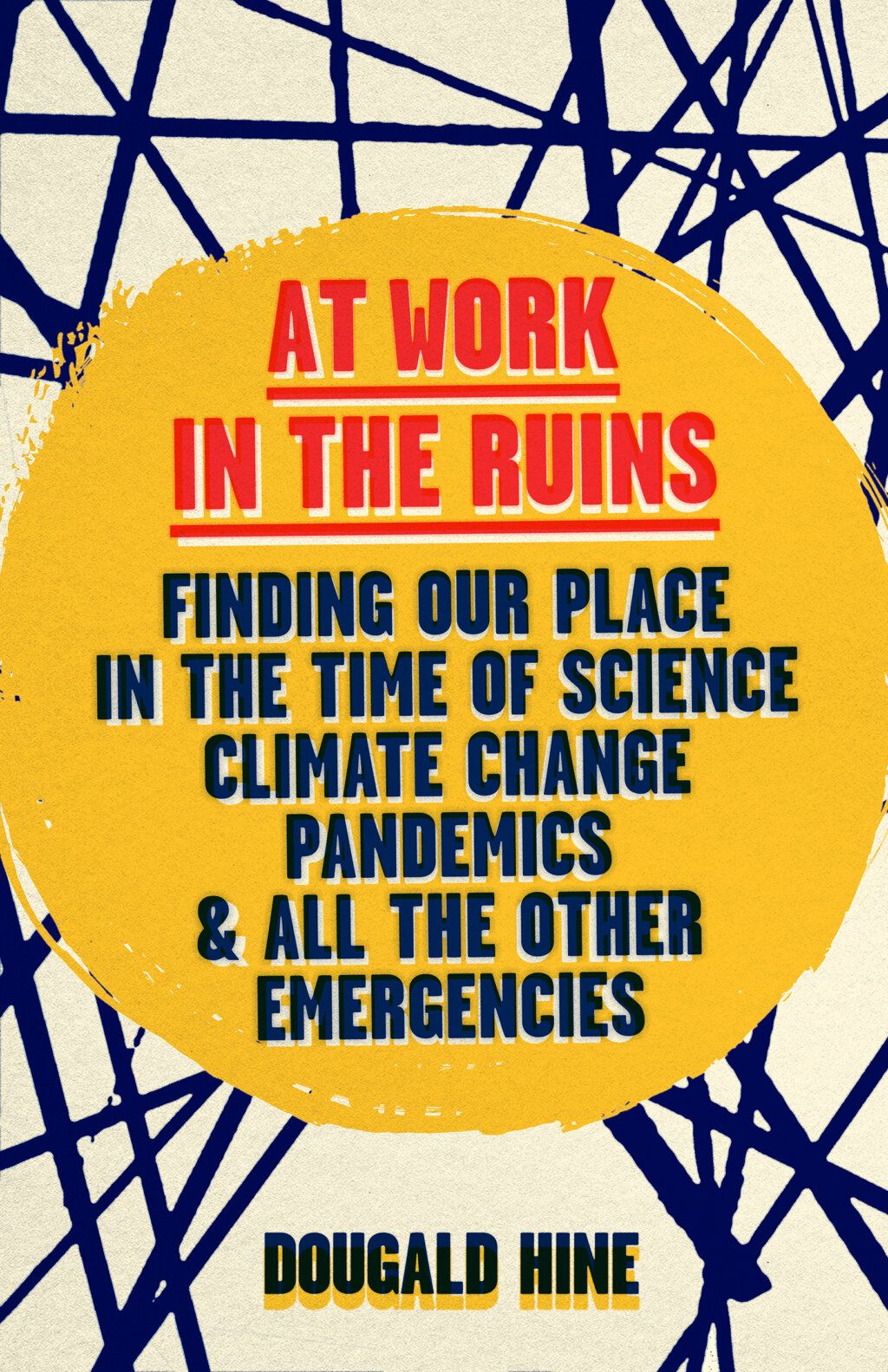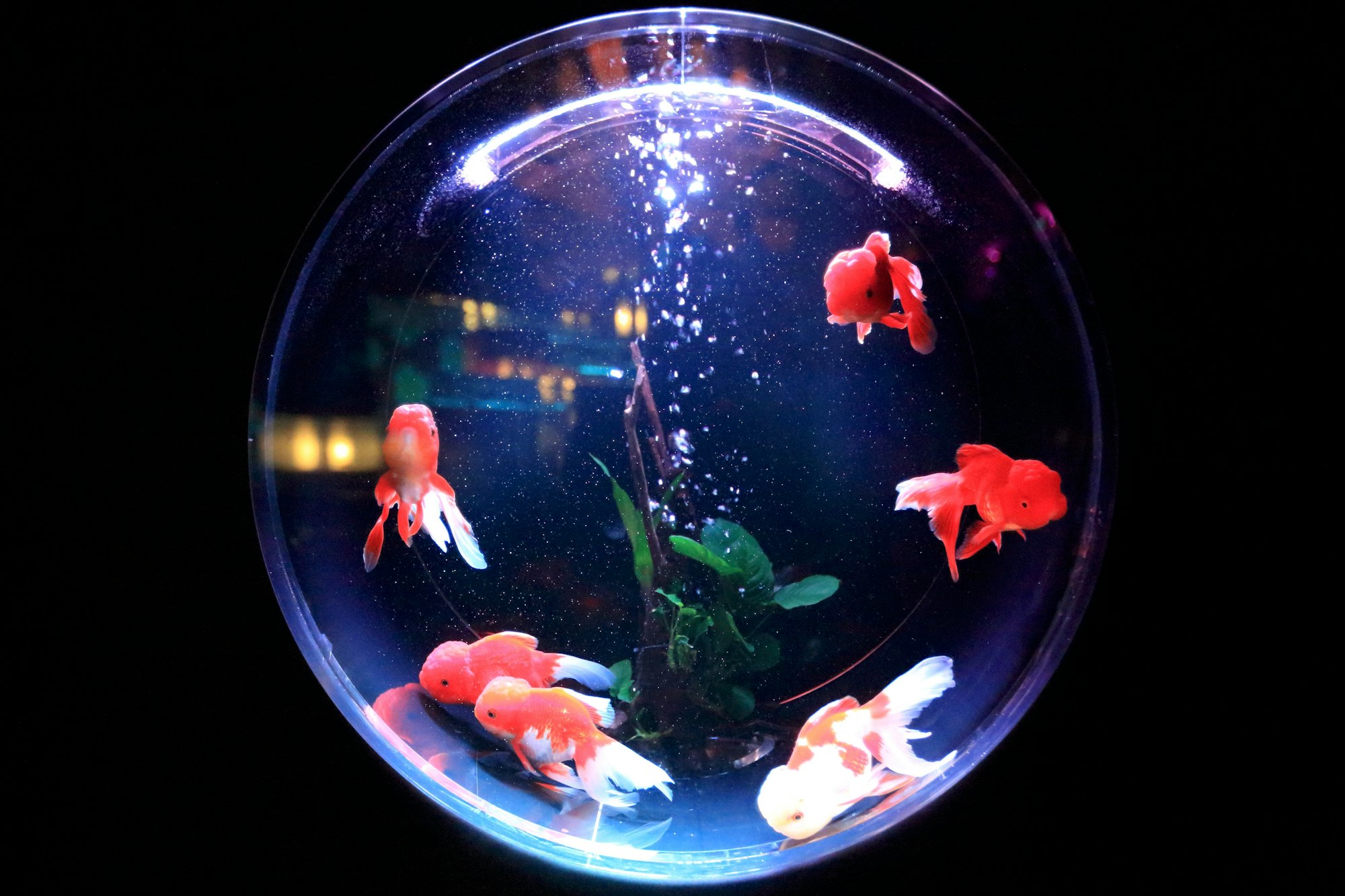
At Work in the Ruins
Nadine Storey reviews Dougald Hine's latest book 'At Work in the Ruins'

Finding Our Place in the Time of Science, Climate Change, Pandemics and All the Other Emergencies
Published by Chelsea Green Publishing, 2023
This book is a deceptively easy read. At 200 pages long and told largely through personal anecdote, it lends itself to being gobbled up in one sitting. However, this would be to belie the weightiness of Hine’s topic. It is a book whose questions sit with you long after finishing it.
The central premise of the book is that, with the multiple crises facing the world, we are in a predicament. Hine makes no pretence of offering any clear solutions. In fact, he argues that modernity’s approach of seeking scientific solutions is the very reason we are failing when it comes to these crises: ‘the world is not a problem to be solved’.
So, facing a predicament, rather than seeking a solution, how should we consider our way of being in the world? For those of us involved in policymaking, this is quite the challenge: we are used to an expectation that we will propose helpful solutions.
Hine develops the idea of the world not being ‘a problem to be solved’ by drawing a distinction between ‘knowledge’ (represented by science) and ‘knowing’. This takes some teasing out but helps to explain how so many people can hear the scientific information about climate change but turn away a moment later. They may have taken on abstract knowledge but do not yet have a sense of embodied knowing. This differentiation has echoes of Iain McGilchrist in his comparison of the contrasting approaches taken by the hemispheres of our brains. Whilst the left hemisphere is dogmatic, direct and yet incomplete (thus representing scientific knowledge), the right hemisphere way of knowing is embodied, nuanced and holistic. McGilchrist draws a similar conclusion to Hine that modernity is increasingly dominated by a limited and literal left-hemisphere approach.
Thus, without using the term, Hine is advocating a paradigm shift: ‘the end of the world as we know it is also the end of a way of knowing the world.’ However, he is at pains to note that, to go ‘upstream of the work of science’ is not to reject it, in the same way that McGilchrist does not reject the role of the left hemisphere. It is just that ‘to put science in the position of leading … is to go beyond what can be asked of it’ and ‘science can know many things; yet it cannot say, because it does not know, when enough is enough.’
Through ‘At Work in the Ruins’, Hine returns more than once to the question:
'are we in this trouble because of a piece of bad luck with atmospheric chemistry - that all the CO2 unleashed by burning fossil fuels turned out to have unhappy and unforeseeable side effects - or did we get here because of an approach to the world, a way of seeing and treating everything, that would always have brought us to such a pass?'
Reflecting on this book, I think Hine’s ideas help to interpret a divide that is opening up within green politics – between those who wish to pursue optimistic technological solutions and green growth and those who argue for a humbler appraisal of our failed approach to the world and a willingness to consider a complete change of worldview. Clearly Hine advocates for the latter, which he believes is necessary in ‘navigating the end-times of modernity’. He proposes that ‘the work that lies ahead looks less like sustaining modern lifestyles at all costs’ which is the approach taken by techno-optimists, those who believe in solutions for problems. In one of Hine’s vignettes, he describes the devastation wrought on the Alberta tar sands – and then, a few paragraphs later poses the question:
'What if I told you the devastation had been brought about, not to squeeze oil out of the Albertan tar sands, but to extract lithium to make batteries for electric cars?'
With this, he offers a tangible example that tends to tease out which side of the divide people sit on. Hine’s own position is that:
'We can no longer afford to organise our societies according to this extractive approach to the world, or to allow its limits to define the limits of our political imagination.'
The question of limits raises another paradox. We are overshooting planetary limits and yet appear to be limited to our current worldview and the neoliberal economic paradigm of perpetual growth. To illustrate our limited view of the world, Hine uses the metaphor of the world as fish tank, again using a personal anecdote to lead us into this. This appears to be an alternative way of saying that we miss the whole picture if we treat economic models as if they are reality or maps as if they are the territory itself. For an alternative interpretation and deeper discussion around the fish tank metaphor, please see John Foster’s piece.
Paradoxically, could a recognition of material limits liberate us from our limited ways of thinking about the world? The role of imagination is an area that Hine touches upon but this merits further exploration. Hine mentions art but is clear that its role cannot be utilitarian. Art needs the licence to be provocative and sometimes indirect, not just acting as a voice for science. Art invokes the right hemisphere and can help with ‘knowing’ rather than conveying ‘knowledge’. Considering Hine’s invitation to widen our political imagination, perhaps we can look to scientists such as Phoebe Tickell who have consciously left the field of science to explore different ways of knowing through Moral Imaginations.
Insofar as Hine offers pointers towards some of the ‘small paths’ out of our predicament, he references Chris Smaje’s Small Farm Future along with localised community-scale projects. Certainly there does not appear to be a lack of imagination at the grassroots level. The challenge seems to be in scaling this up and out. Echoing a recommendation broached in the Green House paper Rethinking Energy Demand, Hine references the need for emergency governance but in a radically democratic, rather than authoritarian way. He terms this ‘emergency democracy’ but also highlights the requirement in international law for a government declaring a state of emergency to inform the United Nations of its expected end date. Whilst this seems almost impossible when it comes to the climate emergency, such a requirement could have the effect of galvanising both civic and government action.
The experience of reading ‘At Work in the Ruins’ tends to reflect the question Hine is grappling with of trying to know the world differently. The narrative is far from linear; rather we are invited on a meandering journey to an unclear destination, reflecting the question itself of how to live within a predicament.
As such, this book raises uncomfortable questions, particularly for those in political parties or policymaking spaces. In the current paradigm, the expectation is of manifestos that will lay out a clear plan of action, solutions that the electorate will buy into. In a different approach to the world, perhaps the answer lies in a willingness to admit that we don’t have all the answers and that we need to open up spaces for broader participation, engaging the collective imagination to find a new way of being in the world.





